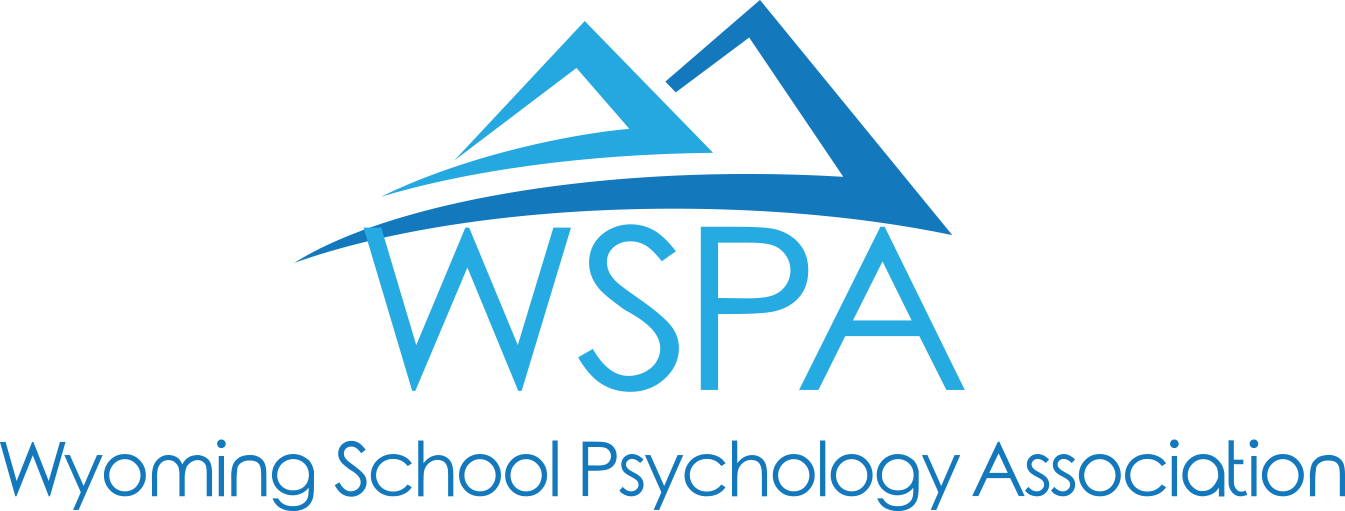Password for access is antelope
***Post written by Wyoming School Psychology Association Member***
History of SLD: An Article Review
Specific learning disabilities as outlined in the article Understanding, Educating, and Supporting Children With Specific Learning Disabilities: 50 Years of Science and Practice by Grigorenko, Compton, Fuchs, Wagner, Willcutt, and Fletcher (2020) have been examined from three perspectives. Specific learning disabilities have been studied from the medical background by the work of physicians who furthered research of behavior as well as cognitive and brain science (Grigorenko et al., 2020). The final area of study on specific learning disabilities (SLD) involves the interaction of the cognitive and medical findings with research in academic performance and the need for intervention (Grigorenko et al., 2020). Psychological research, practice, and the recognition of specific learning disabilities requires the integration of psychology, education and cognitive neuroscience to appropriately identify, diagnose and provision of instruction and intervention (Grigorenko et al., 2020). Specific learning disabilities in the areas of word reading, reading comprehension, mathematics, and written expression, represent spectrum disorders, occurring in approximately 5% to 15% of the school-aged population (Grigorenko et al., 2020). In addition to the impact on academic achievement, learning disabilities also impact social, emotional, and behavioral development (Grigorenko et al., 2020). Continued research and practice in the integrated areas of psychology, education and cognitive neuroscience remain an important mode of investigation for Specific Learning Disabilities.
Reference
Grigorenko, E., Compton, D, Fuchs, L., Wagner., R., Willicut., E and Fletcher J. (2020) Understanding, Educating, and Supporting Children With Specific Learning Disabilities: 50 Years of Science and Practice. American Psychologist, 75 (1) 37–51.

Recent Comments